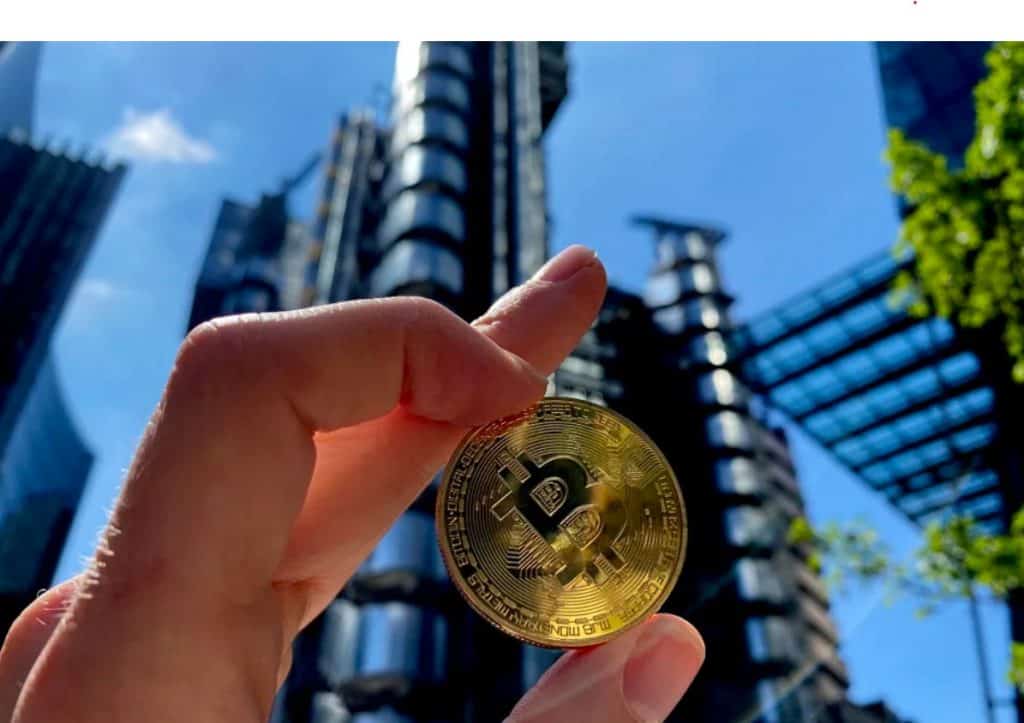
The bitcoin (BTC-USD) price shot back above $40,000 (£28,346) following sessions of losses, but is treading water as fund managers say the cryptocurrency is in a bubble despite the price crash.
According to a Bank of America survey, 81% of fund managers say bitcoin is still a bubble. The flagship crypto fell around 37% last month and its price is down 38% from its $64,829 mid-April peak.
The bitcoin price, which was boosted this week by bullish comments from money manager Paul Tudor Jones and Tesla (TSLA) boss Elon Musk, was once again yo-yoing on Wednesday. It declined 3% to $38,720 on Wednesday afternoon in London.
Other cryptocurrencies have been following a similar trend, with ethereum (ETH-USD) – the second biggest crypto by market cap – falling 5% to trade at $2,420. Meme token dogecoin (DOGE) dropped 3.2% to $0.30.
Cryptos have been boosted by institutional support recently. Several organisations, including MicroStrategy (MSTR) and Tesla, have invested billions of dollars into cryptocurrencies and traditional financial firms like PayPal (PYPL) and Goldman Sachs (GS) started to handle the asset on behalf of clients.
Experts say the crypto craze fuelled interest in bitcoin miner Argo Blockchain (ARB.L). “Argo Blockchain has seen a flurry of interest across social media which is likely to have help propel it into the top of the stocks for June,” said Susannah Streeter, senior investment and markets analyst at Hargreaves Lansdown.
Despite the optimism, cryptos face staunch opposition from governments and central banks which have been keen to regulate digital currencies.
On Tuesday, the Bank of England (BoE) governor, Andrew Bailey, said digital currencies will not get a regulatory “free pass” in the future, despite their potential for innovation.
Speaking at TheCityUK’s annual conference, Bailey said the bank needs to “provide a lead in setting out the rules of the road”, noting that playing catchup on digital currencies is not a recipe for success.
Bailey doubled down on his earlier position that bitcoin is not money, and has no intrinsic value because it has no backing. He added that stablecoins have the potential to become systemic in terms of their importance in the financial system and its stability, and that UK authorities are already considering the regulatory approach for both systemic and non-systemic stablecoins.
The UK’s Financial Conduct Authority previously warned that if consumers invest in cryptoassets “they should be prepared to lose all their money”.
In May, Chinese vice-premier Liu Hu said China would “severely crack down on illegal securities activities and severely punish illegal financial activities”.